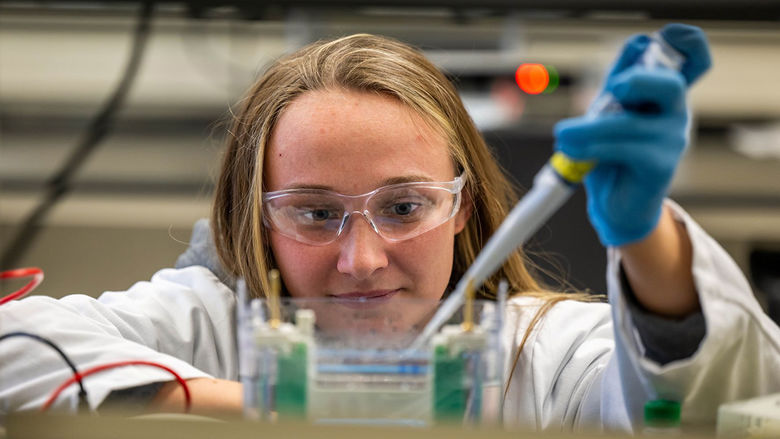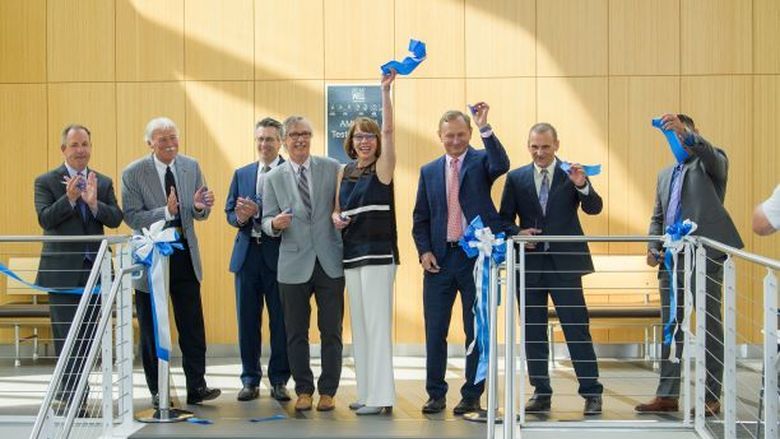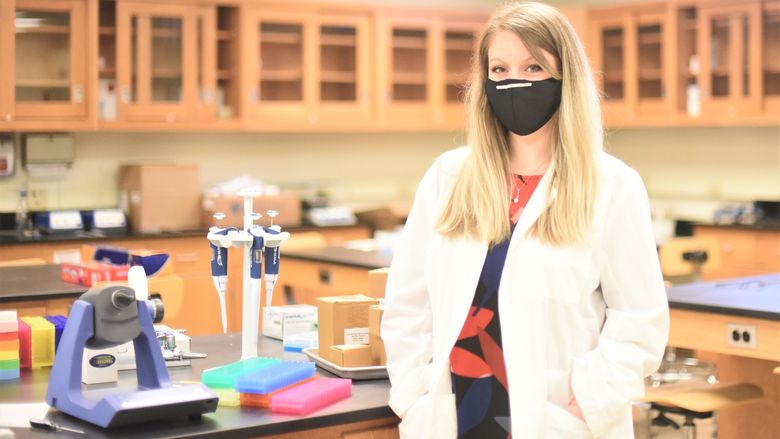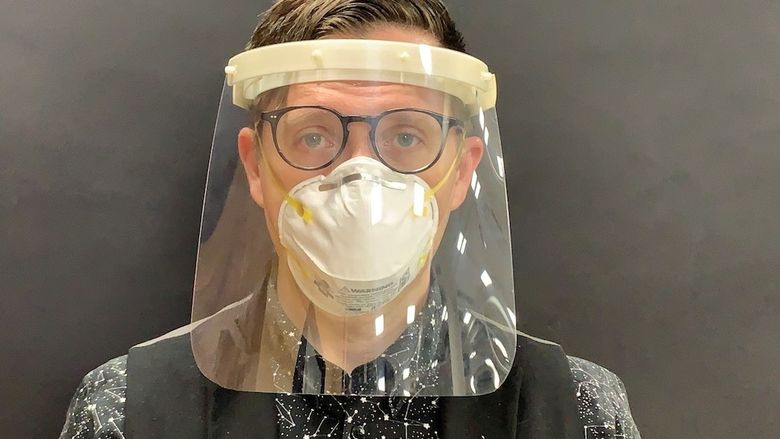
William Walker, a molecular biologist at the Magee-Womens Research Institute (MWRI) and an associate professor in the Department of Obstetrics, Gynecology and Reproductive Sciences at the University of Pittsburgh, has been named director of the new Women’s Health Innovation and Science Translational (WHIST) Center at Penn State Behrend.
ERIE, Pa. — William Walker, a molecular biologist at the Magee-Womens Research Institute (MWRI) and an associate professor in the Department of Obstetrics, Gynecology and Reproductive Sciences at the University of Pittsburgh, has been named director of the new Women’s Health Innovation and Science Translational (WHIST) Center at Penn State Behrend.
Walker will serve as the administrative lead at the center, which is part of the MWRI-Erie initiative, a $26 million partnership with MWRI, UPMC, the Hamot Health Foundation and the Erie Community Foundation. His ongoing research in fertility issues, including a novel approach to the chemical pathways that activate Sertoli cells, supports the lab’s focus on women’s health and reproductive biology and will expand the facility’s research capacity.
“Will Walker brings the tack-sharp mind of an accomplished biochemical researcher and the talents of a gifted mentor to Penn State Behrend,” said Alicyn Rhoades, vice chancellor and associate dean for research and graduate studies. “His connections at UPMC and within the Magee-Womens Research Institute are well established, and his vision for the WHIST Center is taking shape quickly.”
Penn State Behrend is the academic and translational research partner for MWRI-Erie. The WHIST Center is supported by $10 million in endowment funding and includes two research labs — the Janis L. Hill Biomedical and Translational Research Laboratory and the Christine E. Shewfelt Advanced Biochemistry and Molecular Biology Teaching Lab.
Walker hopes to expand the center’s collaborative seed-grant program, which awards up to $25,000 to researchers who partner with MWRI experts. He also will develop new opportunities for undergraduate students to work in local clinical research trials, including patient-interaction experiences, which better prepare students for graduate and medical research programs.
“I see myself as a facilitator and collaborator who will work to grow the biomedical research capabilities at Penn State Behrend,” Walker said. “I will use my position as director of the WHIST Center to build collaborations with faculty, including faculty in the School of Engineering, and to expand our partnerships at MWRI and UPMC Hamot.”
Collaborations with faculty in the School of Engineering could lead to new support meshes for pelvic organs in women with prolapse, Walker said. Other studies could reduce the microplastics that enter the environment when medical plastics are discarded or degrade.
“I expect that these collaborative efforts will lead to the design and production of novel devices that facilitate research projects and eventually improve specific health conditions,” Walker said.
Robb Frederick
Director of Strategic Communications, Penn State Behrend





